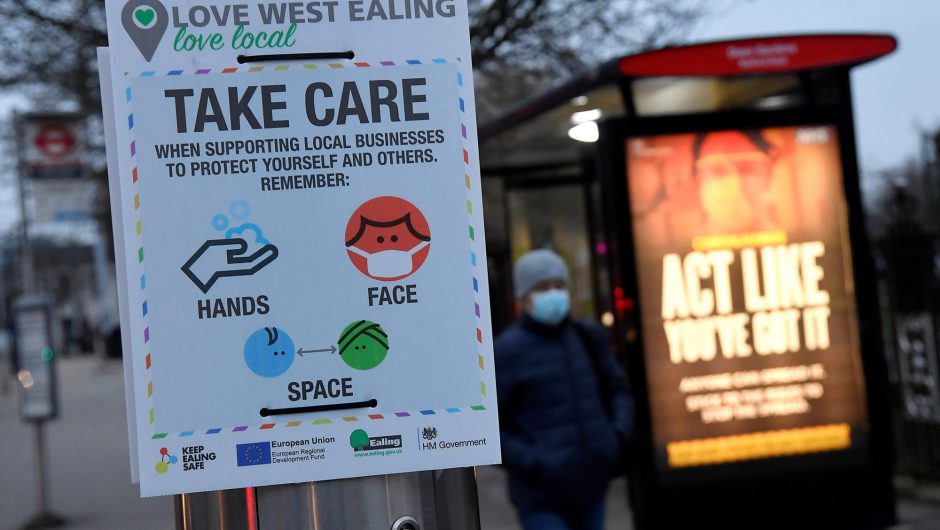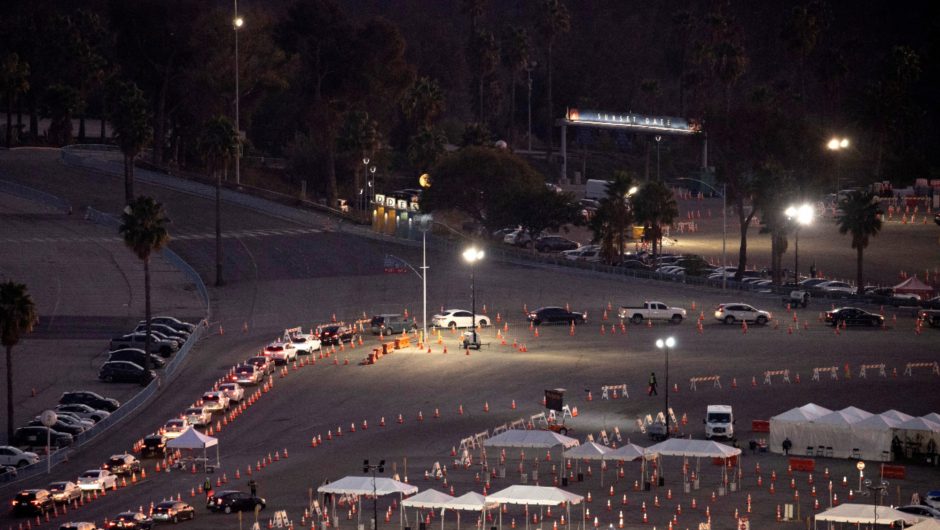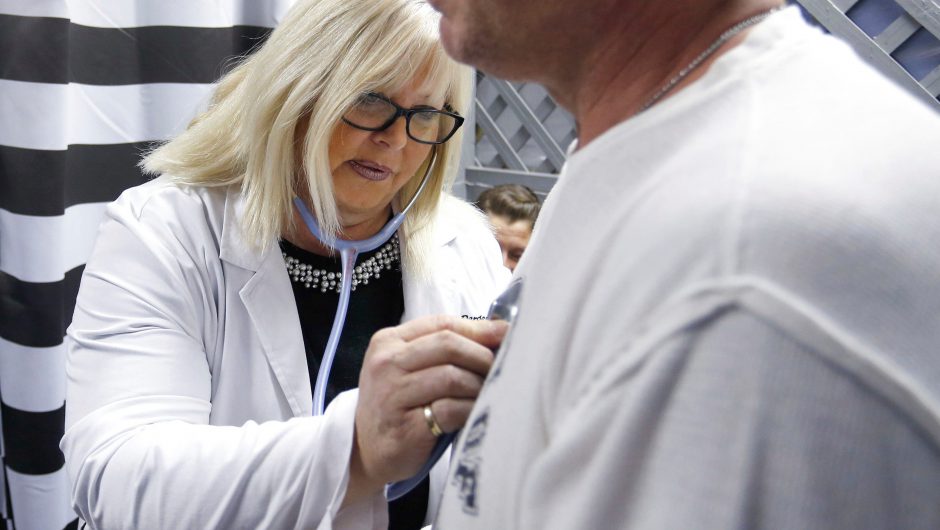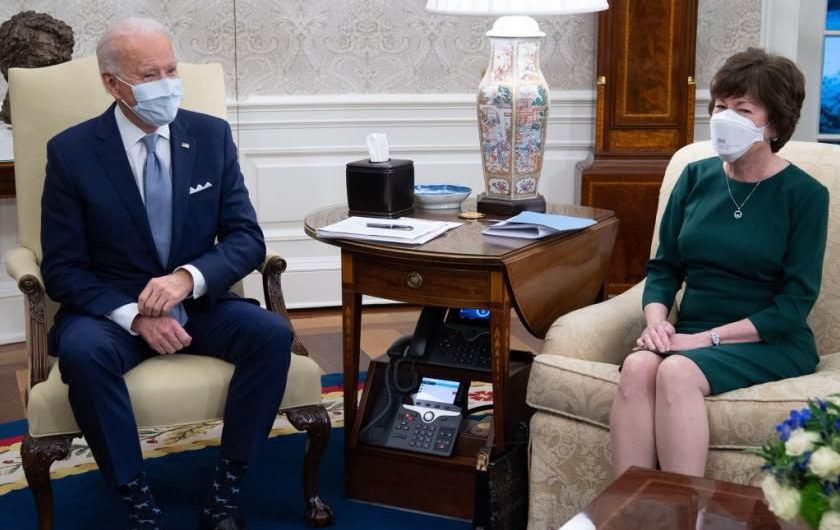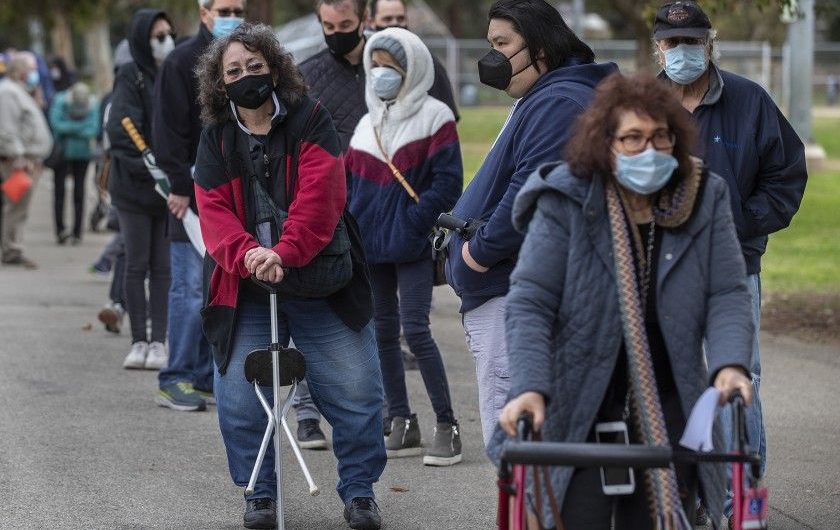[ad_1]
People demonstrate and wave Italian flags during a protest against the Italian government for the economic problems related to the pandemic, Milan – Getty
Grieving relatives of people who died from Covid-19 in the worst-hit parts of Italy are to launch legal action against the authorities this week, accusing them of making a series of catastrophic errors that led to a needlessly high death toll.
The families come from Bergamo, Brescia and surrounding towns in the northern region of Lombardy, which accounts for around half of Italy’s 33,800 coronavirus fatalities.
Experts have said Lombardy was badly hit in part because of its population density – it is home to around 10 million of Italy’s total population of 60 million.
They also point to the fact that, as Italy’s economic engine, the wealthy region has extensive trading links with China, where the virus was first detected.
As a manufacturing hub, it also has high levels of atmospheric pollution, with some studies suggesting that may have made people more susceptible to the virus.
But campaigners insist that, on top of those factors, grave mistakes were made by the region’s politicians and public health officials, and are demanding answers.
“The biggest mistake was not to declare a red zone around the towns of Alzano Lombardo and Nembro, near Bergamo, on February 23, when the first cases were discovered,” said Luca Fusco, the president of the campaign group Noi Denunceremo, meaning We Will Denounce.
“If they had done that, the spread of infection could have been stopped in its tracks. Instead, we ended up with 6,000 dead in the province of Bergamo.”
The campaign group now has 56,000 followers on Facebook, with families all around Italy calling for investigations into alleged failings by the authorities.
It has been alleged that officials in Lombardy dithered over imposing red zones because they were reluctant to close down factories, which are vital to the local economy.
Doctors and nurses bear no blame for the huge numbers of infected and dead, with many losing their own lives in the fight against coronavirus, the campaigners say.
Story continues
They believe regional officials failed to heed the warning signs and allowed the virus to spread.
“They did not prepare themselves to fight the emergency. We don’t want any compensation, any money, we don’t want anything like that. We only want truth and justice. Those who made mistakes must resign,” Mr Fusco, an accountant, told The Telegraph. “We want a full investigation.”
He has a personal stake in the legal action, having lost his 85-year-old father, Antonio, to Covid-19. “He was completely healthy. He had no other illnesses. We know from the tests that it was coronavirus that killed him,” he said.
Relatives also claim there was a drastic shortage of protective equipment, such as face masks, for medical staff, and a lack of clear health and safety guidelines for infected people and their families.
Fifty complaints will be presented to prosecutors in Bergamo on Wednesday, with a further 150 to follow. Campaigners are calling it D-Day, with D standing for denounce.
In Bergamo, the army was brought in to remove coffins from an overwhelmed cemetery – IPA
Bergamo became a grim symbol of the pandemic in March when a convoy of army trucks had to be brought in to collect dozens of coffins from the overwhelmed local cemetery.
The governor of Lombardy has received death threats for his handling of the emergency and now has a police escort.
Attilio Fontana admitted on Monday that he was “extremely concerned” about what he called “this climate of hate.”
Graffiti has appeared on the streets of Lombardy, calling the governor a murderer and an assassin.
He has said that he did not impose a quarantine zone around the towns of Nembro and Alzano Lombardo because he was waiting for a decree from the national government in Rome.
The same argument has been made by Giulio Gallera, Lombardy’s most senior health official.
The government says Italy, which has suffered the fourth highest number of deaths in the world after the US, Britain and Brazil, is now out of the “acute phase” of the pandemic.
Pierpaolo Sileri, the deputy health minister, said the situation is “very much under control”. There could still be isolated outbreaks but they will be dealt with using “surgical and targeted containment measures”, he added.
Professor Francesco Locatelli, the president of the Higher Health Council, which has been at the forefront of the emergency, said: “There are positive signals, but we need to continue our monitoring and to maintain responsible individual behaviour.
“The virus is still circulating, and the pandemic is not over. But we are on the right road.”
[ad_2]
Source link


